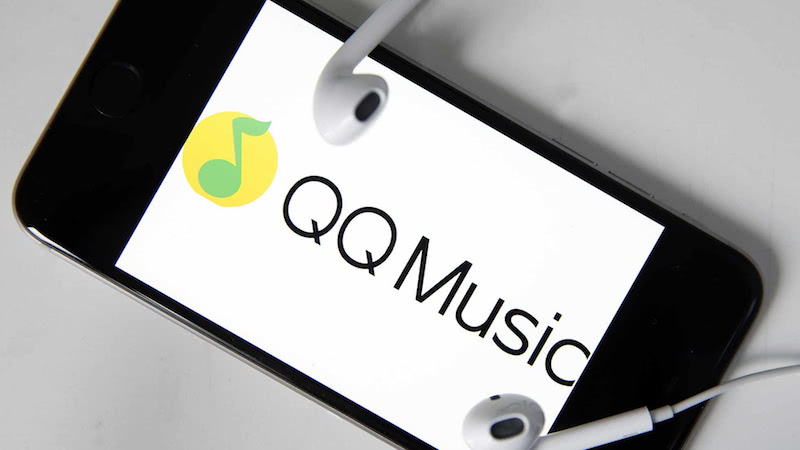Tencent Music to be spun-off ahead of blockbuster flotation

Tencent Music’s plans for a blockbuster public listing in North America are steaming ahead.
China’s dominant digital music platform could be spun off from its parent, Tencent Holdings, clearing a path for what some observers anticipate will be a US$30 billion flotation, well up from the $20 billion estimate analysts had posited earlier this year. The proposal was announced in a regulatory filing Sunday to the Hong Kong Stock Exchange, where its shares are traded.
If that’s in the ballpark, Tencent’s value at launch would put in on par with the top end of Spotify’s first day trading on the New York Stock Exchange in April, in what was one of the biggest tech flotations in recent years. Spotify, which currently has a market cap of $30 million, recently engaged in a share swap with Tencent (Spotify owns 9% of Tencent Music, and Tencent owns 7.5% of Spotify).
Tencent Holdings, which boasts China’s biggest social network and gaming firm and became the first Asian entity to enter the elite circle of companies worth more than US$500bn, has been hinting at taking the public route with Tencent Music, its streaming division, for some months.

The big questions, such as when the offering will go ahead, offer size and price range, have not been answered.
A US listing makes sense for Tencent, which, after Spotify’s early work with investors, would become a target for U.S. funding and expand its brand across borders.
The conglomerate operates multiple music streaming services in the world’s most populous market with a whopping 700 million combined monthly active users, according to estimates, thought only a small fraction of those users are said to pay for music streaming. Some say just 15 million of those may be stumping up cash to feed their music habits.
The major music companies have all signed content licensing agreements with Tencent, which is by far the biggest player in China’s promising digital music space, and Merlin recently came on board via its own arrangement with Tencent’s QQ Music, Kugou Music and Kuwo Music on behalf of its independent music members.
The article was originally published on The Industry Observer




.jpg)